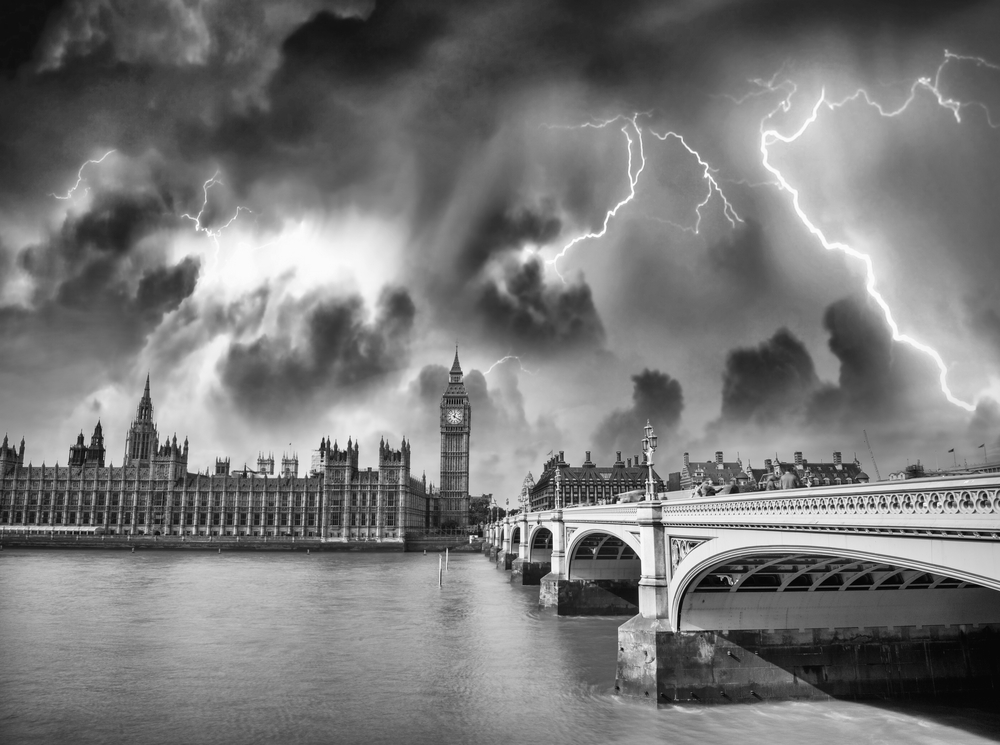

British judges have handed a significant defeat for the Government over its mass surveillance program.
The Appeal court judges ruled that the government’s mass digital surveillance regime is unlawful, after a case was brought by the Labour deputy leader, Tom Watson.
The ruling is a setback for the Government surveillance scheme, which had faced stiff opposition before it written into law in June 2016.
The Investigatory Powers Act 2016, or Snooper’s Charter 2.0 as it is sometimes known, found itself in the dock after the human rights group Liberty (on behalf of Tom Watson and David Davis), launched a legal challenge to it in 2014.
Davis later withdrew from the case after he entered government, in charge of Brexit negotiations.
And now almost four years later, the Guardian reported that the court of appeals on Tuesday ruled that the powers in the Data Retention and Investigatory Powers Act 2014 (Dripa), which paved the way for the snooper’s charter legislation, did not restrict the accessing of confidential personal phone and web browsing records to investigations of serious crime.
It thus allowed police and other public bodies to authorise their own access without adequate oversight.
And this lack of adequate safeguards around accessing personal data was the main sticking point for the judges.
The three judges reportedly said Dripa was “inconsistent with EU law” because of this lack of safeguards, including the absence of “prior review by a court or independent administrative authority”.
“This legislation was flawed from the start,” Tom Watson is quoted as saying. “It was rushed through parliament just before recess without proper parliamentary scrutiny.”
“The government must now bring forward changes to the Investigatory Powers Act to ensure that hundreds of thousands of people, many of whom are innocent victims or witnesses to crime, are protected by a system of independent approval for access to communications data,” Watson added. “I’m proud to have played my part in safeguarding citizens’ fundamental rights.”
This sentiment was echoed by Liberty.
“Yet again a UK court has ruled the government’s extreme mass surveillance regime unlawful,W said Martha Spurrier, the director of Liberty. “This judgement tells ministers in crystal clear terms that they are breaching the public’s human rights.”
It should be noted that the Home Office had already introduced a number of additional safeguards in November in anticipation of the ruling.
These Government safeguards include removing the power of self-authorisation for senior police officers and requiring approval for requests for confidential communications data to be granted by the new investigatory powers commissioner.
Those safeguards had been dismissed by Watson and co, as not going far enough.
The appeal court judges however have not ruled about the more rigorous “Watson safeguards”, as this point had been referred to the European court of justice in a case which is due to be heard in February.
In December 2016, the European court of justice deemed Britain’s data surveillance laws illegal.
The court condemned the legislation for allowing the indiscriminate collection of electronic communication data from every British citizen, when only the “targeted retention of that data solely for the purpose of fighting serious crime” is permitted
How much do you know about privacy? Try our quiz!
Deliveries of Telsa's 'bulletproof' Cybertruck are reportedly on hold, amid user complaints side trims are…
New feature reportedly being developed by Apple for iOS 19, that will allow AirPods to…
Binance BNB token rises after WSJ report the Trump family is in talks to secure…
After failed Amazon deal, iRobot warns there is “substantial doubt about the Company's ability to…
Community Notes testing across Facebook, Instagram and Threads to begin next week in US, using…